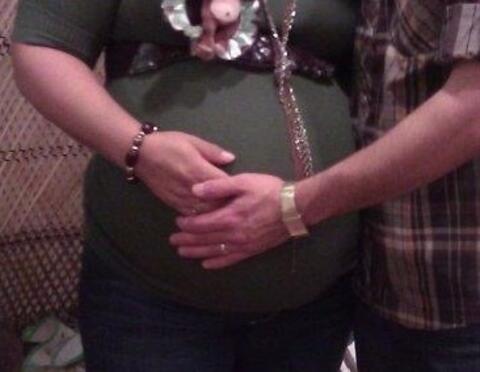Attorney General Christopher S. Porrino and the Division on Civil Rights announced today that a New Jersey baking company has agreed to pay a former employee $60,000 to resolve allegations it violated the New Jersey Family Leave Act (NJFLA) and the New Jersey Law Against Discrimination (LAD) by firing her after she gave birth and told the company of her medically-documented need to remain out for eight weeks.
In addition to its settlement payout to former receptionist Ashley Ruiz-Lopez, the Omni Baking Company of Bellmawr and Vineland must pay $10,000 to the Division on Civil Rights. Under the settlement, Omni also must create and distribute a new family leave policy, and must provide anti-discrimination training to its approximately 450 employees and managers. The company also will be subject to a year of monitoring by the Division on Civil Rights to ensure its policies and practices comply with the NJFLA and LAD.
Ruiz-Lopez, of Vineland, was hired in June 2014 to work as a receptionist in Omni’s administrative offices/human resources department. She went out on maternity leave January 29, 2016.
Prior to giving birth in February 2016, Ruiz-Lopez had returned to Omni to drop off a claim for temporary disability benefits. Her temporary benefits claim was accompanied by a doctor’s certification listing her estimated delivery date as Feb. 27, 2016, and describing her projected return-to-work date as mid-April.
On February 20, 2016, Ruiz-Lopez gave birth. Afterwards, she again visited the workplace and dropped off a note from her OB/GYN certifying that she had given birth via caesarean-section delivery, and that her “recovery date” would be April 17, 2016. Ruiz-Lopez told Division investigators she did not hear from Omni’s Human Resources manager in response, and subsequently made several more attempts to contact her employer in person and by phone to discuss her return date -- all of which went unanswered.
Omni discharged Ruiz-Lopez effective March 29, 2016, and she filed a complaint with the Division on Civil Rights six weeks later.
Omni denied any wrong-doing, contending that Ruiz-Lopez bore responsibility for her own discharge because she stayed out of work after giving birth without having formally requested leave under the NJFLA.
The Division investigated Ruiz-Lopez’s complaint and subsequently issued a Finding of Probable Cause (FPC) against Omni. In that FPC, Director Craig T. Sashihara noted that an employee’s NJFLA notice obligation is satisfied as long as he or she provides the employer with sufficient information to alert it that the worker plans to take time off for a purpose covered by the law. No “magic words” or express invocation of the NJFLA is required, Sashihara wrote.
Sashihara also found that the decision to fire Complainant “while she was recovering from childbirth-related surgery without engaging in any communication or interactive process to determine whether it would provide a reasonable accommodation for her pregnancy related condition and/or disability” violated the LAD.
Sashihara noted that there was “no allegation or evidence” that allowing Ruiz-Lopez to return to work in April would have caused an undue disruption of Omni’s operations. He concluded that, “The totality of the circumstances, including her submission of medical certificates showing her expected recovery dates, repeated visits to the office, repeated attempts to reach (the HR manager), and the nature of her leave, was sufficient to trigger Respondent’s legal responsibility to engage in the interactive process.”
“An employee should not have to choose between keeping her job and raising a family,” Sashihara said. “New Jersey’s family leave and pregnancy protection laws were created to maintain the integrity of the family unit and help society prosper. Our commitment is to ensure that employers adhere to those laws.”
